Nodes
- Are completely autonomous
- Act as primary access to:
- Storage Infrastructure
- Compute Cluster
- Single binary with config
- Individuals can also participate as Nodes

More info
In a federated scientific data management system, individual nodes serve as autonomous components that collectively form a distributed research infrastructure. Institutional Storage Gateway Nodes provide access to large-scale research repositories, exposing datasets while maintaining local security policies. Personal Research Nodes represent scientists' laptops or workstations that share specialized datasets, analysis tools, or computational resources directly from personal environments. Compute Cluster Gateway Nodes serve as entry points to high-performance computing resources, enabling remote access to parallel processing clusters or specialized facilities. Each node maintains its own security boundaries and governance while contributing to seamless cross-institutional resource and data sharing. A node can also perform several of these roles simultaneously, enabling advanced data orchestration strategies such as data-to-compute and compute-to-data in the network.